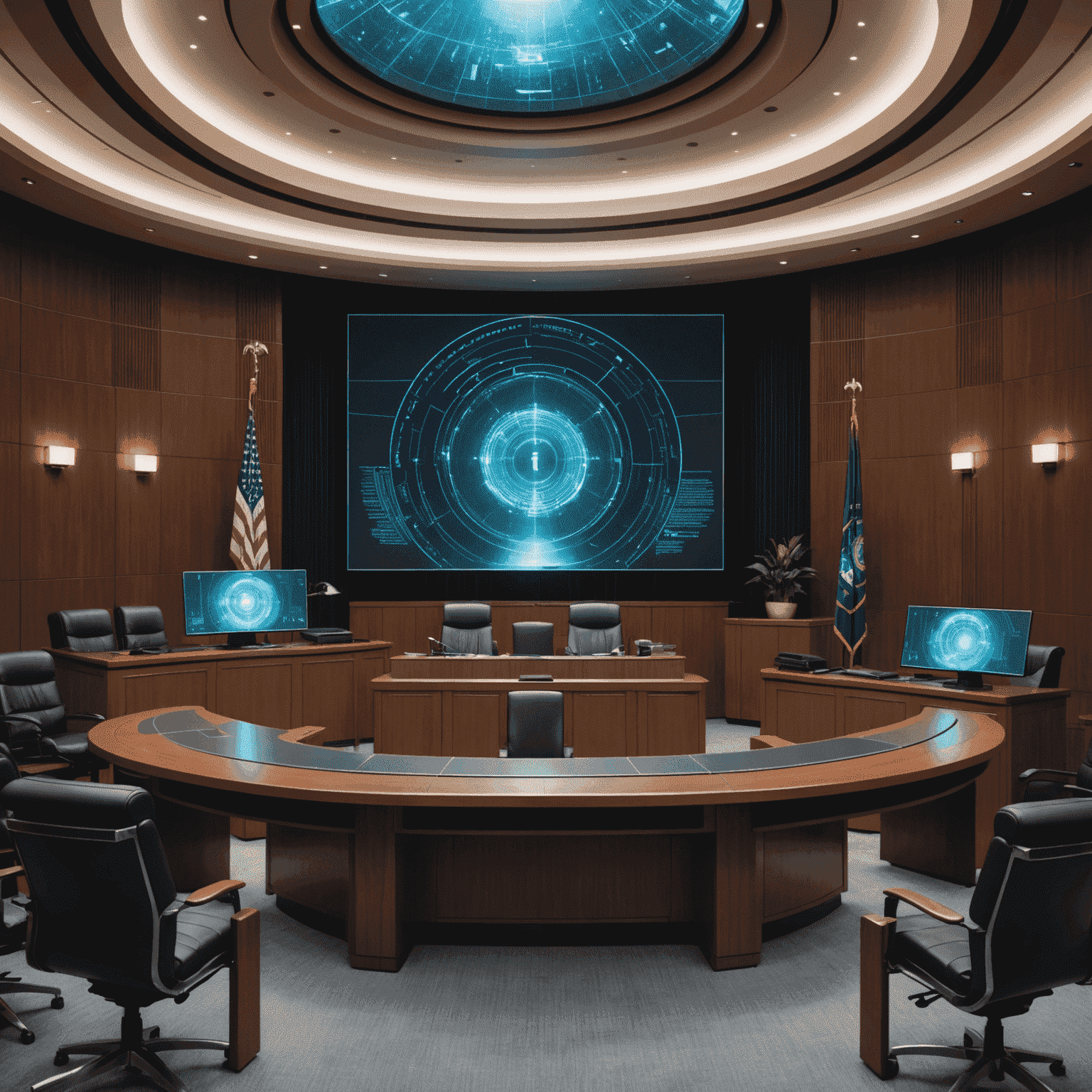Legal Tech Trends 2024

The legal industry is undergoing a significant transformation, driven by technological advancements that are reshaping how legal professionals work and deliver services. In 2024, we're seeing a surge in innovative solutions that promise to transform legal practices and enhance efficiency across the board.
AI-Powered Research Tools
One of the most prominent trends in legal tech is the rise of AI-powered research tools. These sophisticated systems are capable of analyzing vast amounts of legal data, case law, and statutes in a fraction of the time it would take a human researcher. By leveraging natural language processing and machine learning algorithms, these tools can:
- Quickly identify relevant precedents and legal arguments
- Predict case outcomes based on historical data
- Assist in drafting legal documents with greater accuracy and consistency
Law firms adopting these AI research assistants are reporting significant improvements in productivity and the quality of their legal work, allowing them to serve clients more effectively.
Blockchain for Smart Contracts

Blockchain technology is making waves in the legal sector, particularly in the realm of smart contracts. These self-executing contracts with the terms of the agreement directly written into code are revolutionizing how legal agreements are created, managed, and enforced. The benefits of blockchain-based smart contracts include:
- Enhanced security and transparency in transactions
- Automated execution of contract terms, reducing the need for intermediaries
- Improved efficiency in contract management and dispute resolution
As more legal professionals become familiar with this technology, we expect to see a wider adoption of smart contracts across various industries, from real estate to intellectual property management.
Virtual and Augmented Reality in Legal Education and Practice
Virtual and augmented reality technologies are finding their way into legal education and practice. Law schools are beginning to use VR simulations to provide students with immersive courtroom experiences and practical training scenarios. In legal practice, these technologies are being explored for:
- Remote depositions and witness interviews
- Crime scene reconstructions for courtroom presentations
- Virtual property tours in real estate law
These innovative applications of VR and AR are not only enhancing the learning experience for future lawyers but also providing new tools for practicing attorneys to better serve their clients and present cases more effectively.
Conclusion
The legal tech trends of 2024 are paving the way for a more efficient, accessible, and innovative legal industry. As these technologies continue to evolve and integrate into daily legal operations, we can expect to see significant changes in how legal services are delivered and consumed. Law firms and legal professionals who embrace these technological advancements will be well-positioned to thrive in this new era of legal practice, offering enhanced services to their clients while streamlining their own operations.